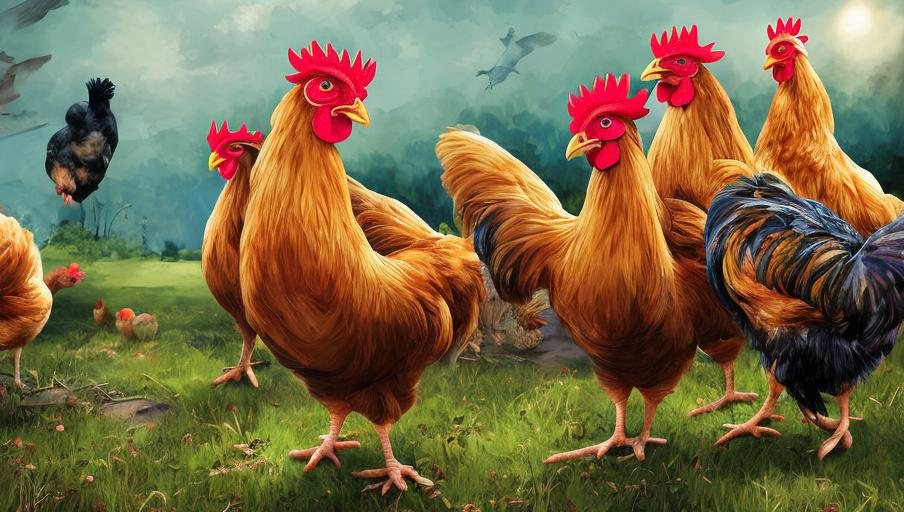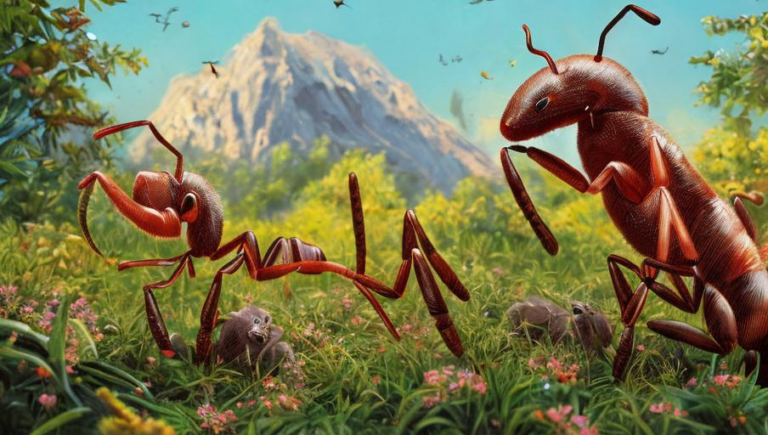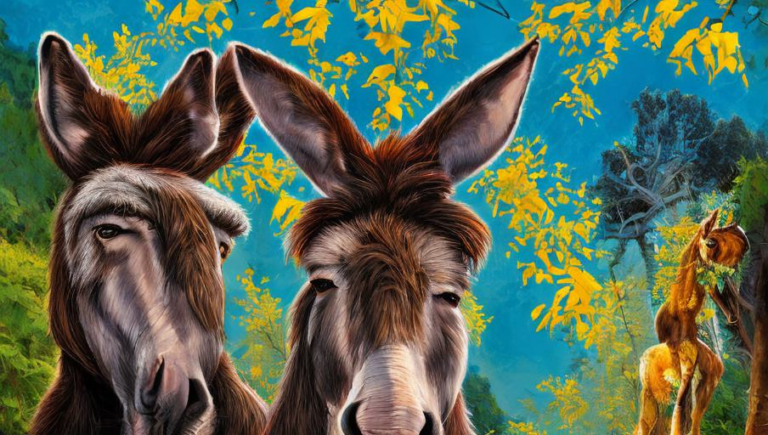Natural Predators of Chickens

Natural Predators of Chickens
Chickens are one of the most common farm animals in the world, and they are also a favorite prey of their natural predators. While chickens are usually kept in pens or coops to protect them from predators, they can still be vulnerable to attack. It’s important to understand the different types of predators that can threaten chickens in order to protect them and keep them safe.
Foxes
Foxes are one of the most common predators of chickens. They are fast, agile, and stealthy hunters, and they can easily sneak into chicken coops and pens. Foxes usually hunt at night or in the early morning and they will typically take only one or two chickens at a time. Foxes will also feed on eggs and chicks, so it’s important to keep the coop secure and to check for eggs regularly.
Raccoons
Raccoons are also known to prey on chickens. They can climb fences and can break into coops and pens. Raccoons are omnivores and will feed on eggs as well as adult chickens. They are also clever hunters and can outsmart traps and other measures used to protect chickens.
Snakes
Snakes are one of the most overlooked predators of chickens. They can sneak into chicken coops and pens and will feed on eggs and chicks. Snakes will usually leave adult chickens alone, but they can still pose a threat to a flock.
Hawks
Hawks are common predators of chickens, especially if they are kept outdoors. Hawks will swoop down and attack chickens, taking them away in their talons. Hawks can also steal eggs and chicks, which can be devastating for a flock. It’s important to keep an eye out for hawks if chickens are kept outdoors.
Coyotes
Coyotes are also known to prey on chickens. They are agile, fast, and powerful hunters, and they can easily jump fences and break into coops. Coyotes will usually take only one or two chickens at a time, but they can still cause significant damage to a flock.
Protecting Chickens
It’s important to be aware of the different predators that can threaten chickens and to take steps to protect them. It’s also important to make sure the coop or pen is secure and that the chickens have plenty of room to move around. Additionally, it’s important to check for eggs and chicks regularly, as these are the most vulnerable. Finally, it’s important to be aware of the signs of predators and to take steps to protect the chickens if one is spotted.





